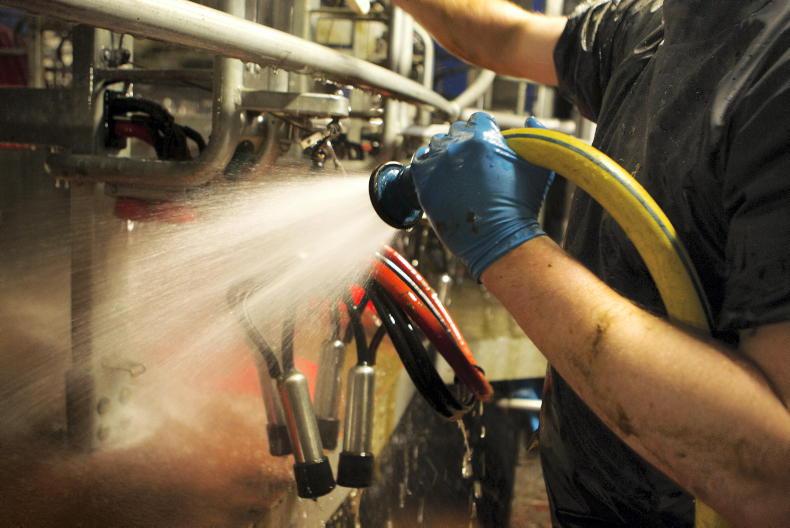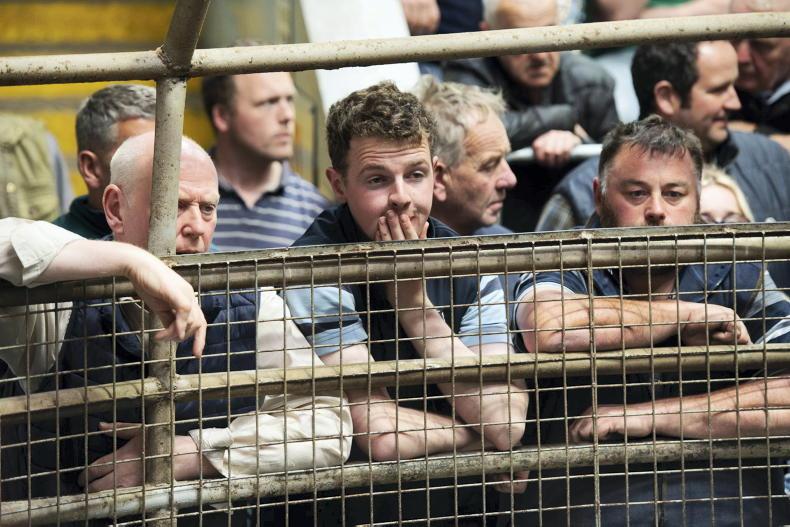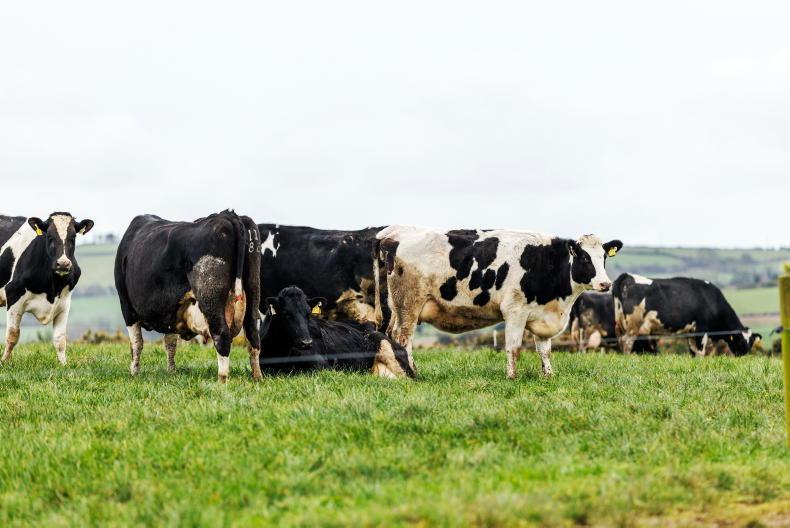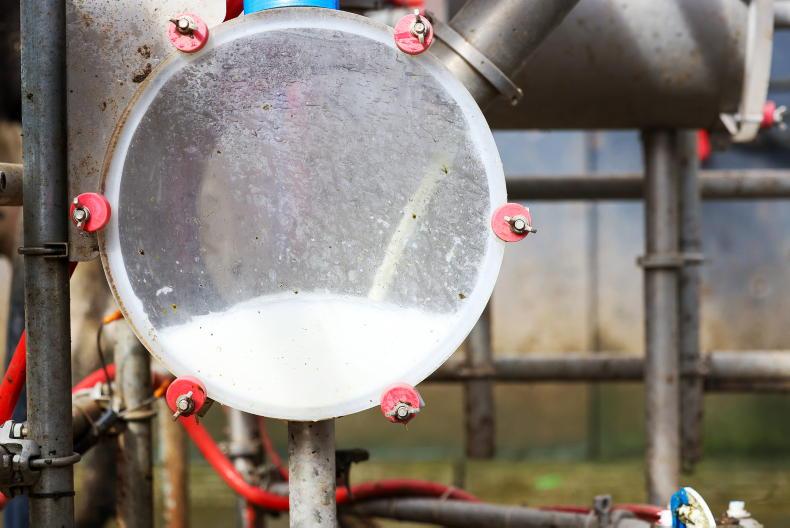Some farmers in the northeast Scotland are to get a year’s notice that their milk will no longer be collected.
Effectively this is a cost-cutting exercise by Müller to stop collecting from farmers where the cost of collection is much higher.
It would be similar to Aurivo saying it won't go to northwest Mayo for milk as the cost is too high when it can collect enough close to Ballaghadereen.
Transport
Müller is also to introduce a new transport charge, with suppliers who have increased milk supply more over the last three years paying more for transport.
Müller says it can't sell additional milk that has been delivered by suppliers over the last five years.
Most of the milk produced in this region is from large-scale herds that are housed for a good proportion of the year. Almost all herds calve all year round to supply milk processors with a relatively flat supply curve.
Unwelcome
Rob Hutchison, milk supply director for Müller Milk & Ingredients, said: “We fully appreciate that these measures will be extremely unwelcome and destabilising for our farmer suppliers particularly in the northeast of Scotland, but the current situation is unviable and we must act.
“Our farm services team will now work closely with affected dairy farmers and we will do everything in our power to help them adjust to the changes which we must now make.”
Comment: private versus co-operative ownership structure
Müller has a strong representative structure of UK farmer suppliers.
I believe it has also invested to the tune of over £500m in the UK dairy business over the last 10 years.
This move to reduce milk collections goes to show what private businesses will do to make the business work. This is why the co-op structure brings benefits over privately owned businesses that are often undervalued by shareholders and suppliers.
In a co-op structure, like we have seen in the Republic over the last five years, if it makes sense, investment in additional capacity is made to allow additional milk be processed.
In Europe, over 50% of the milk from dairy farmers is purchased by non co-op businesses similar to Müller.
Implications
The implications of this announcement are yet to be established.
In theory, it means there will be milk in this region looking for a home and other local processors will have options to buy milk for a lower price you would suspect.
This could have knock-on consequences for other suppliers in the Scottish and northern England territory.
The Müller Group is a fast-growing, international, chilled-food business with operations in more than 10 countries.
It is the largest private dairy in Germany. With the addition of Robert Wiseman Dairies at the beginning of 2012 in the UK and having acquired Dairy Crest's dairy operations in 2015, Müller has a substantial presence in the British dairy sector.
Read more
Dairy markets: lower milk and soaring exports drive dairy prices higher
New Zealand dairy guru John Penno to headline Dairy Day
Some farmers in the northeast Scotland are to get a year’s notice that their milk will no longer be collected.
Effectively this is a cost-cutting exercise by Müller to stop collecting from farmers where the cost of collection is much higher.
It would be similar to Aurivo saying it won't go to northwest Mayo for milk as the cost is too high when it can collect enough close to Ballaghadereen.
Transport
Müller is also to introduce a new transport charge, with suppliers who have increased milk supply more over the last three years paying more for transport.
Müller says it can't sell additional milk that has been delivered by suppliers over the last five years.
Most of the milk produced in this region is from large-scale herds that are housed for a good proportion of the year. Almost all herds calve all year round to supply milk processors with a relatively flat supply curve.
Unwelcome
Rob Hutchison, milk supply director for Müller Milk & Ingredients, said: “We fully appreciate that these measures will be extremely unwelcome and destabilising for our farmer suppliers particularly in the northeast of Scotland, but the current situation is unviable and we must act.
“Our farm services team will now work closely with affected dairy farmers and we will do everything in our power to help them adjust to the changes which we must now make.”
Comment: private versus co-operative ownership structure
Müller has a strong representative structure of UK farmer suppliers.
I believe it has also invested to the tune of over £500m in the UK dairy business over the last 10 years.
This move to reduce milk collections goes to show what private businesses will do to make the business work. This is why the co-op structure brings benefits over privately owned businesses that are often undervalued by shareholders and suppliers.
In a co-op structure, like we have seen in the Republic over the last five years, if it makes sense, investment in additional capacity is made to allow additional milk be processed.
In Europe, over 50% of the milk from dairy farmers is purchased by non co-op businesses similar to Müller.
Implications
The implications of this announcement are yet to be established.
In theory, it means there will be milk in this region looking for a home and other local processors will have options to buy milk for a lower price you would suspect.
This could have knock-on consequences for other suppliers in the Scottish and northern England territory.
The Müller Group is a fast-growing, international, chilled-food business with operations in more than 10 countries.
It is the largest private dairy in Germany. With the addition of Robert Wiseman Dairies at the beginning of 2012 in the UK and having acquired Dairy Crest's dairy operations in 2015, Müller has a substantial presence in the British dairy sector.
Read more
Dairy markets: lower milk and soaring exports drive dairy prices higher
New Zealand dairy guru John Penno to headline Dairy Day









SHARING OPTIONS